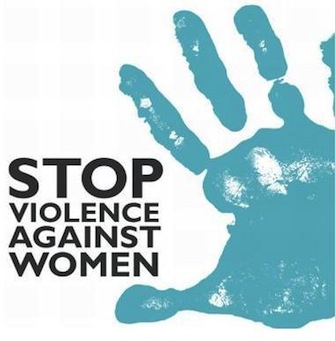In the wake of the rape allegations against a Kenyan Member of Parliament two things caught my eye – the uproar on social media with regards to Churchill’s comment on the said issue and an article posted on medium about rape culture. Churchill’s reaction after the allegations went public was to blame the victim and despite the uproar that ensued this is a common reaction in our society – by both genders.
It is not the first time that cases of rape have been in the news but it seems our reactions to rape cases is always divided with one side bringing out a cancer that is ingrained in our culture. One of the conversations that surrounds cases of rape in Kenya is the matter of how rape culture affects our society.
“Rape Culture is an environment in which rape is prevalent and in which sexual violence against women is normalized and excused in the media and popular culture. Rape culture is perpetuated through the use of misogynistic language, the objectification of women’s bodies, and the glamorization of sexual violence, thereby creating a society that disregards women’s rights and safety.” Marshall University’s Women’s Center
From what one gathers with majority of our reactions to rape cases, rape culture is prevalent in our society. Just a while back sections of the public were enraged after the President made comments that were thought to blame the parents of the a young girl who was raped by her uncle.
Instead of trying to inculcate a culture where men respect women rights and discourage gender based violence, we spend most of our time trying to teach women how to stay safe, what to wear and how to be respectful so as to avoid situations which might lead to them being raped. This is a fundamental flaw in our response to issues of rape and can be viewed as evidence to a culture that is set on removing the blame from male perpetrators and setting it on their victims – male or female.
Of course trying to change how we approach issues of rape in Kenya can not be solved in a single day but one thing we can do is have the right conversations and try to change the narrative. If we start from the root of the problem and engage in endavors to stop rape culture in the country then we can place ourselves on the correct path to ending issue of rape all the same and providing proper justice to victims.



